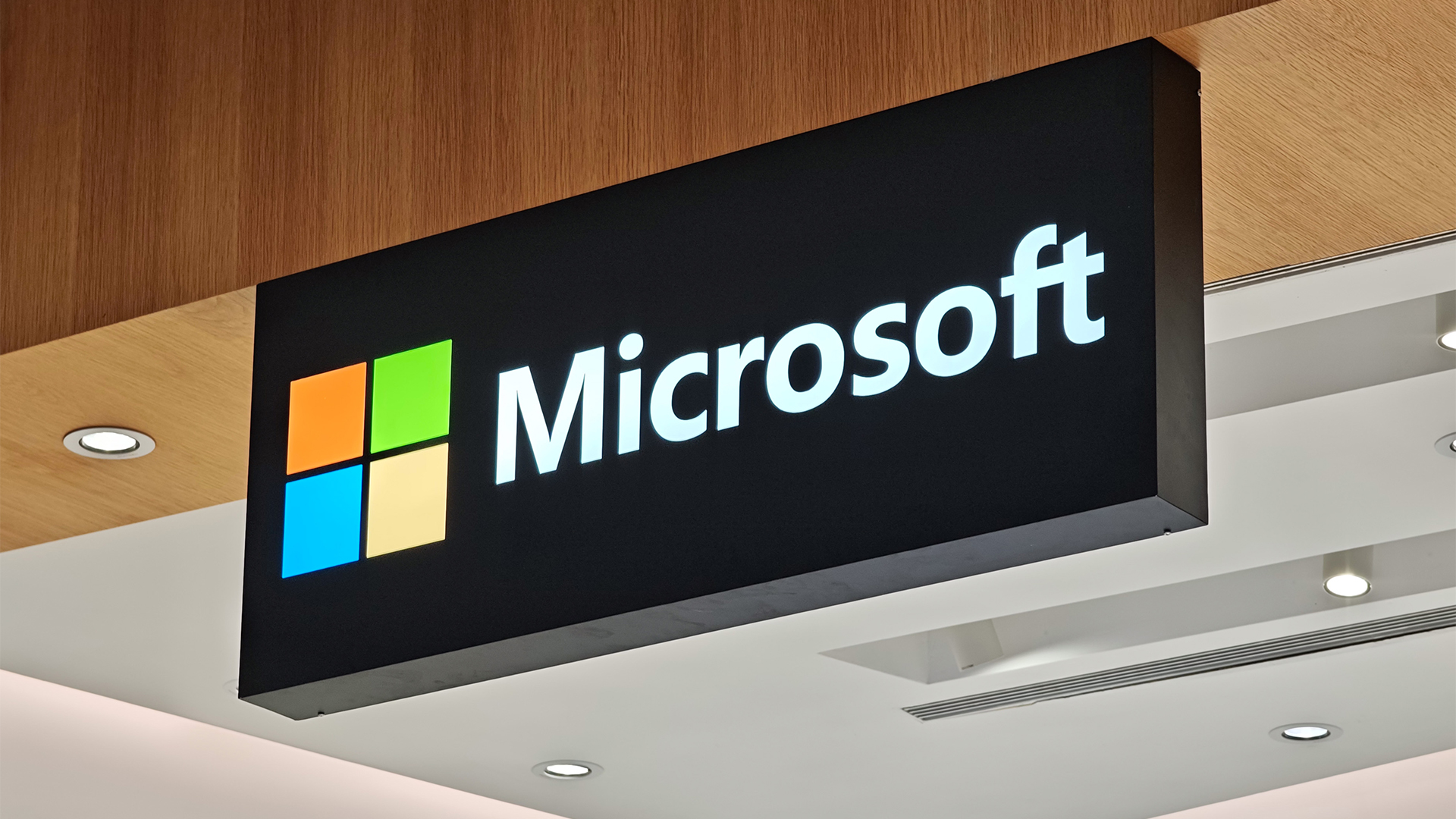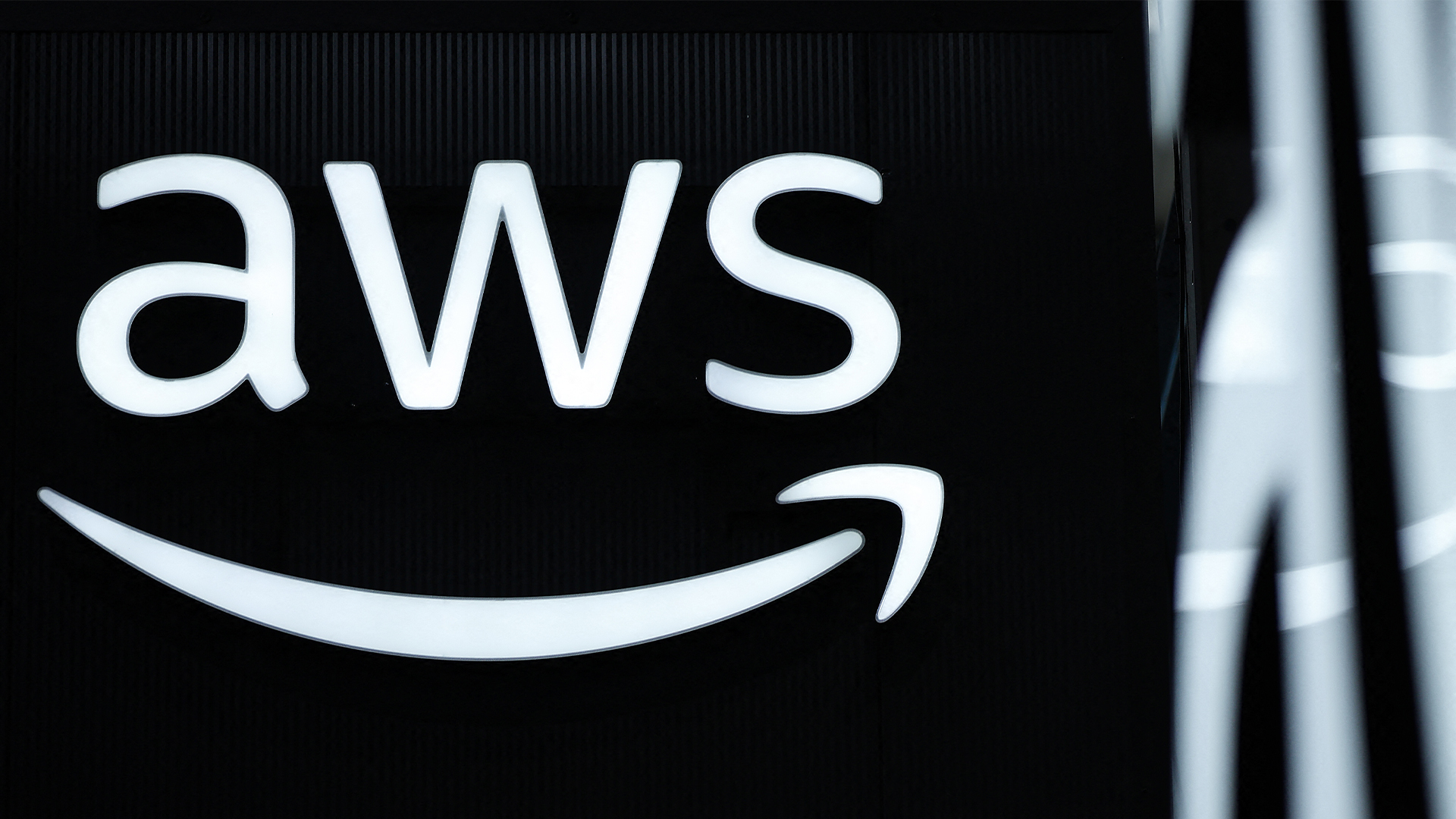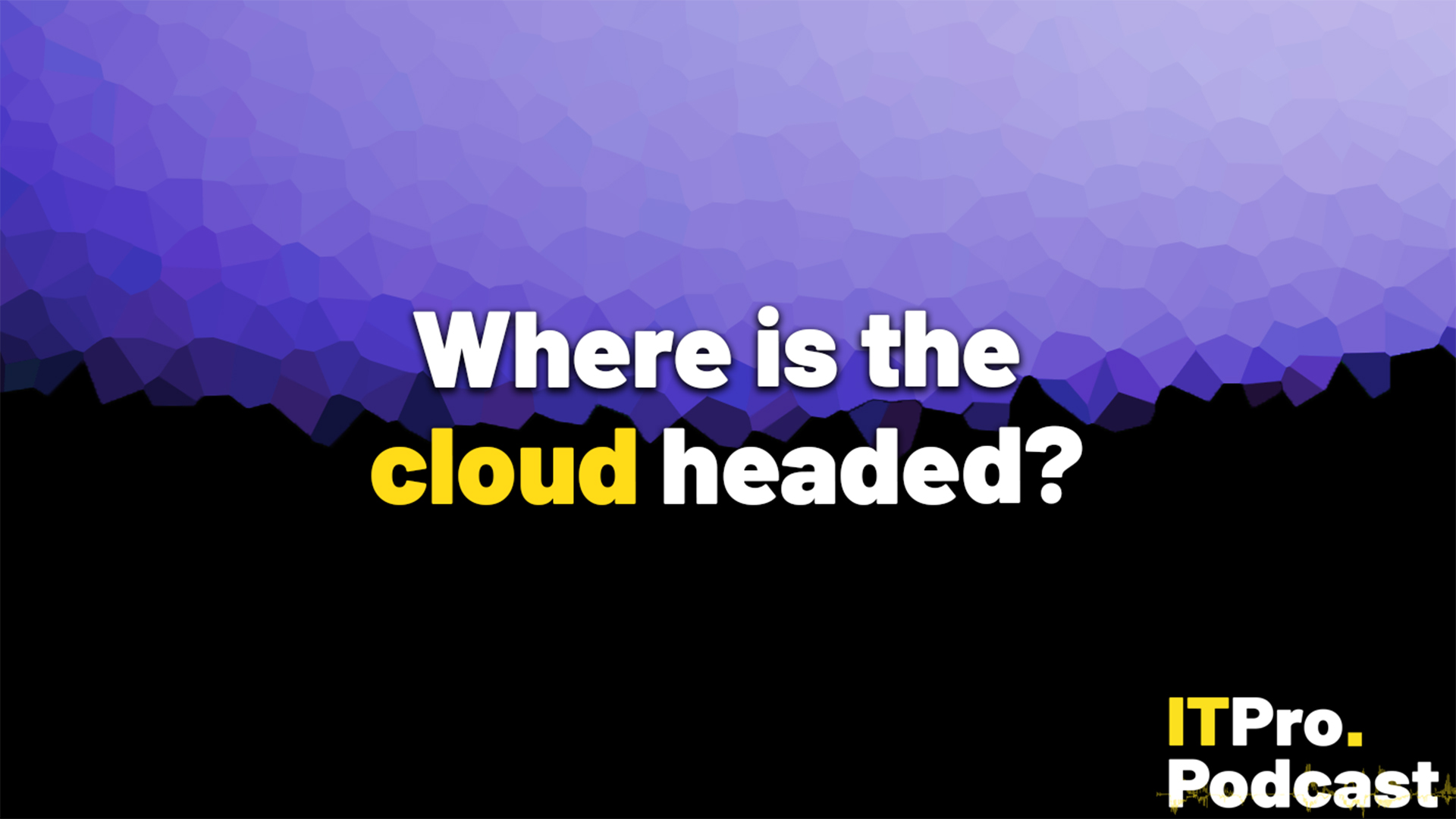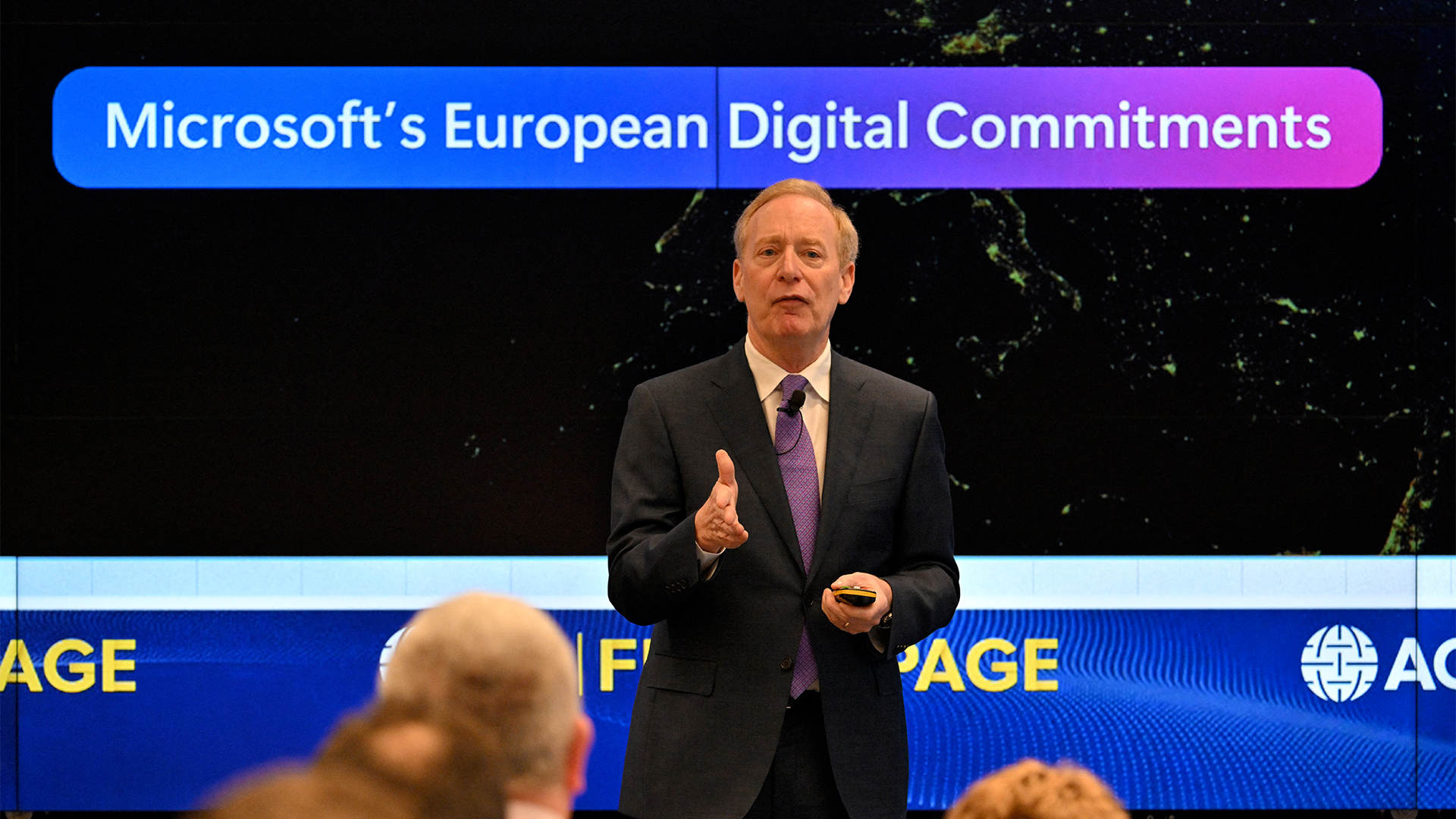Microsoft revs up connected car cloud service with TomTom
Microsoft and TomTom fortify their existing partnership to strengthen connected car data insights


Satellite navigation giant TomTom has partnered with Microsoft to integrate its technology in the Redmond company's cloud-based Connected Vehicle Platform (MCVP).
Navigation usage data will be collected and sent back to the platform, which works in tandem with Microsoft Azure, and will allow car manufacturers to make better-informed decisions for tailored services, thanks to being able to tap into the compute power of a large cloud platform.
Diagnostic data will also be driven back to the platform which will allow car makers to make data-driven decisions for engineering and design changes.
TomTom's location intelligence which includes traffic information and map services will also be made available to cars' navigation apps in addition to aiding autonomous driving.
MCVP aims to unify connected cars and the data they collect with its Azure platform so its customers can create improved in-vehicle services, such as traffic alerts and better understand the needs of those with connected cars.
It extends further from just consumers, commercial and industrial vehicles are all compatible with the platform so businesses can harness the data from their fleet of trucks, ships, drones and cranes to help create more efficient processes.
Microsoft has already attracted prominent vehicle manufacturers to its platform; Volkswagen agreed last year to build its automotive cloud platform on Azure.
Sign up today and you will receive a free copy of our Future Focus 2025 report - the leading guidance on AI, cybersecurity and other IT challenges as per 700+ senior executives
"Our integration with the Microsoft Connected Vehicle Platform means that automakers can get access to precise and reliable navigation and driving behaviour data easily, while of course adhering to privacy principles," said Cees van Dok, chief product officer at TomTom.
"This data could, for instance, be used to predict the range of an electric vehicle based on driving behaviour and planned route more accurately; or to work out, based on navigation behaviour, what connectivity package for online navigation would be best suited for a driver. This is a game-changer for OEMs."
This TomTom-Microsoft partnership is an extension to its existing relationship, which was bolstered in February after the navigation specialist was selected by Microsoft to be its sole location data for its mapping services. TomTom's data is used across a variety of Microsoft products including Azure Maps, Bing, Cortana, Windows and will also be used in future releases.
"With Microsoft Connected Vehicle Platform serving as the digital chassis of the car, telematics, infotainment, and data from sensors are all connected to the cloud in the same way, effectively solving the pain point of managing different systems for scale, security, and reliability," said Tara Prakriya, partner group program manager of Microsoft Connected Vehicle Platform and mobility at Microsoft. "We're delighted to add navigation intelligence data from TomTom to MCVP."
The pair's partnership hasn't always been so fruitful, though. Back in 2009, they both sued each other within a month, alleging patent infringements on both sides. The case was later settled with both sides having to pay the other an undisclosed sum.

Connor Jones has been at the forefront of global cyber security news coverage for the past few years, breaking developments on major stories such as LockBit’s ransomware attack on Royal Mail International, and many others. He has also made sporadic appearances on the ITPro Podcast discussing topics from home desk setups all the way to hacking systems using prosthetic limbs. He has a master’s degree in Magazine Journalism from the University of Sheffield, and has previously written for the likes of Red Bull Esports and UNILAD tech during his career that started in 2015.
-
 Trump's AI executive order could leave US in a 'regulatory vacuum'
Trump's AI executive order could leave US in a 'regulatory vacuum'News Citing a "patchwork of 50 different regulatory regimes" and "ideological bias", President Trump wants rules to be set at a federal level
-
 TPUs: Google's home advantage
TPUs: Google's home advantageITPro Podcast How does TPU v7 stack up against Nvidia's latest chips – and can Google scale AI using only its own supply?
-
 Dell Technologies targets private cloud gains with new Azure Local features
Dell Technologies targets private cloud gains with new Azure Local featuresNews Dell and Microsoft are teaming up to offer private cloud on Azure Local for a simplified hybrid solution
-
 Microsoft’s new ‘marketplace’ lets customers pick and choose cloud, AI solutions
Microsoft’s new ‘marketplace’ lets customers pick and choose cloud, AI solutionsNews The Microsoft Marketplace looks to streamline customer access to AI and cloud services
-
 Is AWS' cloud dominance waning? New stats show the hyperscaler's IaaS market share is decreasing while Microsoft and Google record gains
Is AWS' cloud dominance waning? New stats show the hyperscaler's IaaS market share is decreasing while Microsoft and Google record gainsNews AWS maintained its lead in the IaaS market last year, but its share decreased while Microsoft and Google recorded gains.
-
 ‘Misses the mark’: Microsoft, AWS hit out at CMA cloud competition report
‘Misses the mark’: Microsoft, AWS hit out at CMA cloud competition reportNews The CMA claims Microsoft and AWS are harming competition – the duo strongly disagree
-
 US companies dominate the European cloud market – regional players are left fighting for scraps
US companies dominate the European cloud market – regional players are left fighting for scrapsNews Synergy data shows EU providers hold just 15% of the market despite rise in AI and drive for cloud sovereignty
-
 What the new Microsoft Sovereign Cloud push means for European customers
What the new Microsoft Sovereign Cloud push means for European customersNews The tech giant is bolstering protections for regional users using public and private cloud services
-
 Where is the cloud headed?
Where is the cloud headed?ITPro Podcast UK businesses are balancing cloud migration with AI adoption and demands for data sovereignty
-
 Microsoft says it’ll protect EU cloud customers from shutdown demands
Microsoft says it’ll protect EU cloud customers from shutdown demandsNews Microsoft president Brad Smith says the company will protect its EU cloud services from outside pressure